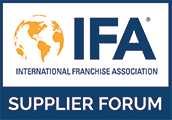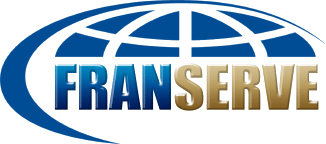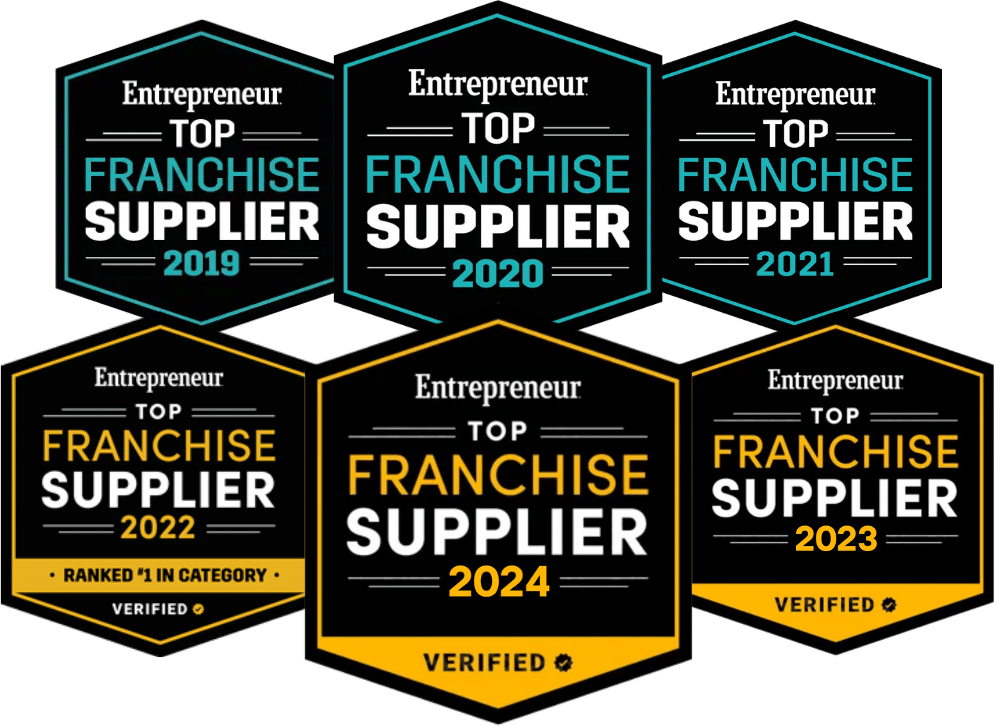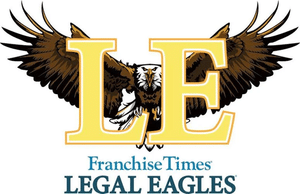To catch the latest Spadea Lignana news, be sure to tune in and subscribe to our panel discussions through our podcast on iTunes.
Our panel of experts discuss the 2018 tax law and how it affects franchise professionals in the upcoming years. Follow along as tax accounts, Andy Tarquinio and Tom Fleming, overview reforms that will take place on an individual and business level, helping you assess your business and maximize your returns.
Meet the Panel
Tom Fleming, CPA
Principal at WithumSmith+Brown and over 17 years of accounting experience, Tom provides service to industry specializations like, law firms, professional services, manufacturing, distribution and logistics, and high net worth individuals. Connect with Tom.

Andy Tarquinio, CPA
With over 25 years of experience in public accounting, Andy specializes in advising domestic and international privately-owned businesses and their owners, as well as publicly-held and investor-owned businesses with multi-state and multi-national operations. Connect with Andy.

Tom Spadea, Esq.
Entrepreneur and franchise lawyer, Tom, of Spadea Lignana, passionately assists his clients with a variety of legal issues, including private equity transactions, litigation, trademarks, partnerships, and real estate deals. Connect with Tom.

Main Points
Let’s highlight a few key discussions during this event:
[1:34-7:06] The New Tax Law: Individual Changes
Last winter, the Tax Cuts and Jobs Act was signed cutting individual income tax, doubling standard deduction, and eliminating several itemized deductions. Tom Fleming goes into depth about the changes that will take place on an individual level with the hope that a drop in tax rates will stimulate business and generate economy until the bill expires in 2026.
[7:07-21:24] The New Tax Law: Business Changes
Andy highlights important tax saving opportunities for the franchise industry such as the rate reduction in C-corporations, the standard deduction increase to 20% for pass-through businesses, and the limit on deductible interest expenses. What does this mean for your business? These deductions offer pro-growth and slack in expensing and administrative burdens; however, will increase the deficit over the next decade and require remodeling changes to your business plan.
Both Andy and Tom agree that although the changes don’t necessarily show us a clear picture of the future, a significant drop in C-corporations and pass-through entities will deem us more competitive collectively in the global marketplace.
[21:37-46:24] Limitations
Like any law that is passed, legislature includes its limitations, with heavier burdens on higher income brackets. Andy and Tom discuss what these tax brackets look like according to your income structure and provide examples for pass-through deductions.
[21:39-23:52] Andy overviews 3 limitations:
1. 50% of wages
2. 25% of wages or 2.5% of gross value depreciable property (Used for real estate businesses)
3. 20% of taxable income (To the extent that you are within certain income thresholds, this limitation would not apply. Nor would the specified service limitation.)
[25:31-26:33] The easiest way to explain the 20% qualified business income pass-through deduction:
If your qualified domestic business income is 100 dollars, you start out with a 20 dollar deduction (20% of qualified business income). Then you will take a look at your wages; if 50% of your wages is equal or greater to your deduction, in this case 20 dollars, then you have no limitation.
In keeping with this 100 dollar example, let’s say your wages are 40 dollars. 50% of your wages is equal to 20 dollars. Because your wages are equal to your qualified business income deduction, you can conclude that you have no limitations.
[31:00-35:19] Andy provides an example of 3 individuals with 100,000 dollars in wages, however differing allocable pass-through wages.
Follow along with the illustration below as Andy walks us through 3 examples that explore the options a business may face depending on an owners decisions and the new limitations in place.
[46:25-51:14] Takeaways
Tom Spadea wraps up the discussion by asking Tom and Andy what our listeners should take away from this discussion:
Tom states, make a game plan. “Sit down with your accountant, attorney, and financial planner. Understand your future plans.” Ask yourself, “Where do I see myself 5-10 years from now?”
Andy emphasizes how important it has become to define your business. “Make a list of critical questions: Am I a specified service business? Should I consider changing to a C-corp? Do I have foreign source income? Should I lease or buy? You can make these 1000 pages work for you” by asking the right questions.
Would you like to attend a Philadelphia Franchise Association event? Get more details and watch the full-length video here.










